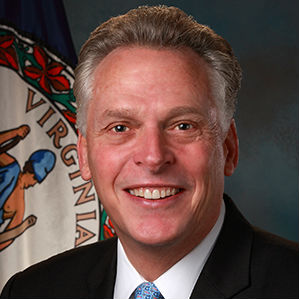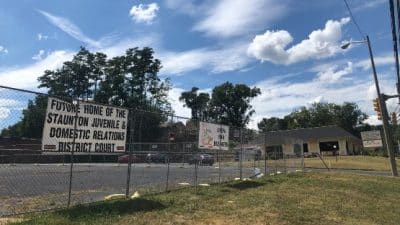Governor Terry McAuliffe has individually restored the rights of 156,000 Virginians – more than any governor in American history. His restoration efforts have surpassed former Florida Governor Charlie Crist’s Administration, which had restored the rights of approximately155,000 individuals through a clemency board.

On April 22, 2016, Governor McAuliffe signed a criteria-based order restoring voting and civil rights to eligible Virginians, estimated to be more than 200,000 individuals. In spite of several constitutional scholars declaring the order an appropriate use of executive authority, the Virginia Supreme Court struck down the order on July 22, 2016. The Court, in a sharply divided decision, ruled the Governor did not have authority for a blanket order. On August 22, 2016, Governor McAuliffe announced a new individualized process that was upheld by the Court and remains in use today.
Leading up to last year’s historic order, the McAuliffe Administration had taken several systematic steps to end voter disenfranchisement. That process began with reducing the waiting period for more serious offenders from five years to three, classifying all drug-related convictions as non-violent, shortening the application for more serious offenders from 13 pages to one page, removing a requirement that individuals pay their court costs before they can have their rights restored, and establishing a process so that a notation can be included in an individual’s criminal record indicating that his or her rights have been restored. The Governor’s previous measures had restored the rights of 18,000 individuals, more than the past seven governors combined over their full four-year terms.
The Governor has previously noted that the system he has implemented puts Virginia in line with 40 other states. However, in order to fully realize automatic restoration, Virginia will need a constitutional amendment. An amendment would require the consent of the Virginia General Assembly, where previous efforts have repeatedly failed. Until such action takes place, Virginia’s next Governor will have the discretion to decide whether to continue Governor McAuliffe’s commonsense restoration process that expands access to democracy.










